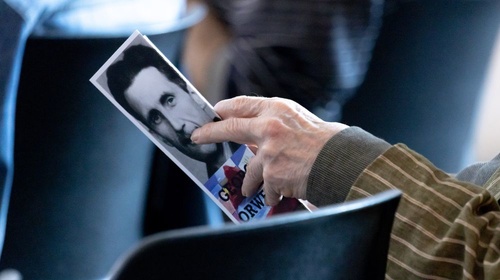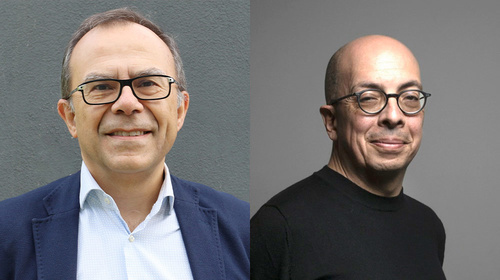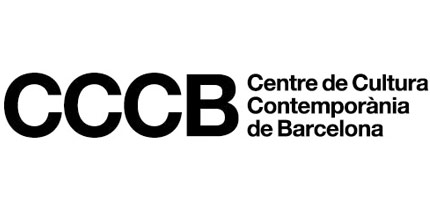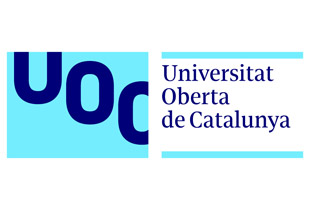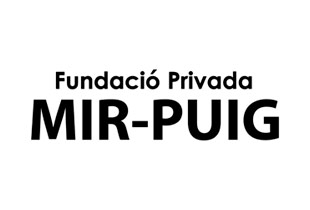Writing in Dark Times
Patricia Evangelista
The Smoke of Gunfire: Reporting on Trauma
Debate
Journalist Patricia Evangelista plumbs the depths of contemporary authoritarianism and also invites reflection on the role of journalism when faced with discourse that legitimises violence and brutality.
In 2016, Philippine President Rodrigo Duterte of the Philippines promised he would “kill for the nation.” Police killed thousands of drug suspects at his encouragement. It was not murder, said the president. It was “justice”. Every autocrat speaks in the language of righteousness. The words are broad, vivid, a call to arms for patriots to rise against an imagined other. That other is an interchangeable lot: immigrants, drug users, activists, feminists, journalists, dispensable and not quite human.
It is easy to speak about "necessary murder," Orwell once wrote, "for people to whom murder is at most a word." At a time when the terrible has become ordinary, journalism’s duty to keep a record, one that resists the easy grammar of violence and renders into visceral reality the price paid for commonplace brutality. Murder is the pink raincoat that was never worn, the coffin in the living room, the widow who recognizes her husband’s corpse by his feet. To do this, to keep a record, is to recognize the authority of the vulnerable, as opposed to the righteous morality of the authoritarian.
Patricia Evangelista, an internationally renowned trauma journalist and author of Some People Need Killing: A Memoir of Murder in My Country (Random House, 2023), offers a lecture on the task of journalism faced with authoritarianism's language of death, in a session moderated by Carme Colomina, researcher specialising in disinformation and global politics.
This conversation takes places within the framework of Resident CCCB, an international residency program of the CCCB in collaboration with Universitat Oberta de Catalunya and supported by Fundació Privada MIR-PUIG.
Participants: Patricia Evangelista, Carme Colomina
This activity is part of Writing in Dark Times
Related contents
Patricia Evangelista
The Smoke of Gunfire: Reporting on Trauma
Journalist Patricia Evangelista plumbs the depths of contemporary authoritarianism and also invites reflection on the role of journalism when faced with discourse that legitimises violence and brutality.

